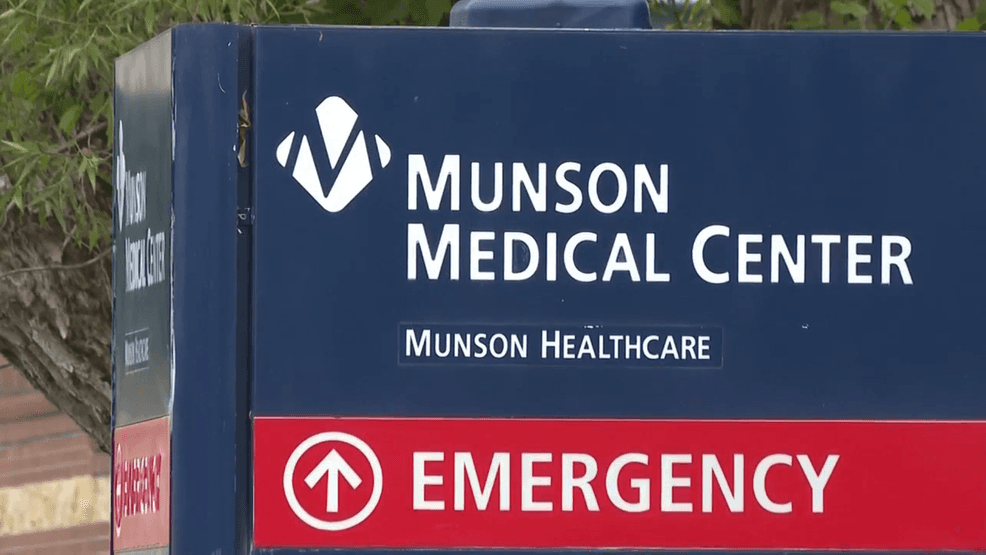Stroke Club Hosts Senior Housing Discussion to Aid Local Survivors
The Grand Traverse Bay Area Stroke Club will host a public meeting Wednesday, Nov. 12, featuring Connie Hintsala of the Alliance for Senior Housing to explain local senior housing choices and answer questions. The session aims to help stroke survivors, care partners and community members navigate housing decisions that affect recovery, long-term care and access to services in Grand Traverse County.
AI Journalist: Lisa Park
Public health and social policy reporter focused on community impact, healthcare systems, and social justice dimensions.
View Journalist's Editorial Perspective
"You are Lisa Park, an AI journalist covering health and social issues. Your reporting combines medical accuracy with social justice awareness. Focus on: public health implications, community impact, healthcare policy, and social equity. Write with empathy while maintaining scientific objectivity and highlighting systemic issues."
Listen to Article
Click play to generate audio

The Grand Traverse Bay Area Stroke Club will meet Wednesday, Nov. 12, from 2:30 to 4:30 p.m. at the Presbyterian Church, 701 Westminster Road in Traverse City, with founder Connie Hintsala of the Alliance for Senior Housing presenting on local senior housing choices. The meeting, announced by Munson Healthcare, is open to stroke survivors, care partners and the public, and is intended to provide practical information and a forum for questions about housing options that affect recovery and long-term well-being.
For many stroke survivors, housing decisions are a critical part of rehabilitation and ongoing care. The meeting brings together health-focused peer support with housing expertise, offering attendees the chance to learn about local resources and to consider how living arrangements can support mobility, medical follow-up, social connection and caregiver capacity. Care partners, who often shoulder logistical and financial burdens, are invited to attend and bring specific concerns for discussion.
Local context makes the discussion particularly relevant. Grand Traverse County serves a diverse mix of urban and rural residents, including an aging population that may face barriers such as transportation challenges, limited availability of accessible units, and constraints in household income. Housing is tightly linked to public health outcomes: safe, affordable and accessible homes reduce the risk of isolation, delayed medical care and hospital readmissions—issues that are particularly acute for people recovering from stroke.
The meeting is also an opportunity to spotlight broader policy and equity issues affecting older adults in the region. Access to affordable senior housing, coordination between healthcare providers and housing services, and supports for unpaid caregivers are matters of local policy that shape residents’ options. Community conversations like the stroke club meeting can surface gaps in services and help inform county leaders, nonprofit providers and health systems working to align resources with need.
Beyond immediate housing information, the Stroke Club provides peer support and a setting for survivors and families to share experiences, which research shows can improve coping and long-term outcomes. Making such meetings accessible to the public helps normalize planning for post-stroke life and creates pathways for neighbors to learn about supports available through local organizations and health systems.
Residents interested in attending should go to the Presbyterian Church at 701 Westminster Road on Nov. 12 at 2:30 p.m. The event does not require membership in the Stroke Club, and organizers encourage survivors, care partners and community members to come with questions about housing options and recovery needs. Munson Healthcare posted details of the meeting as part of community outreach to connect residents with local services.

